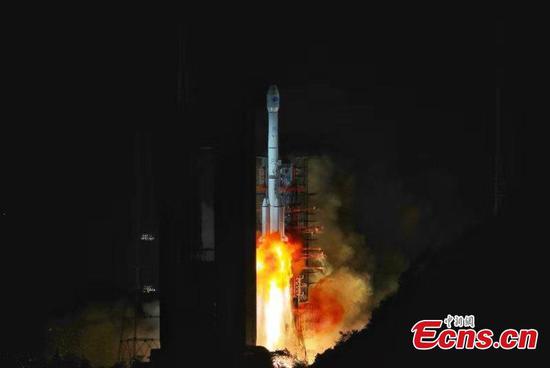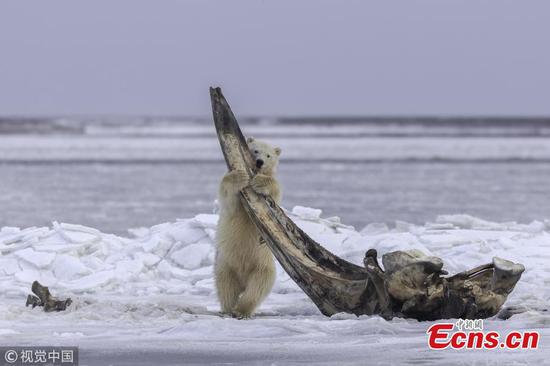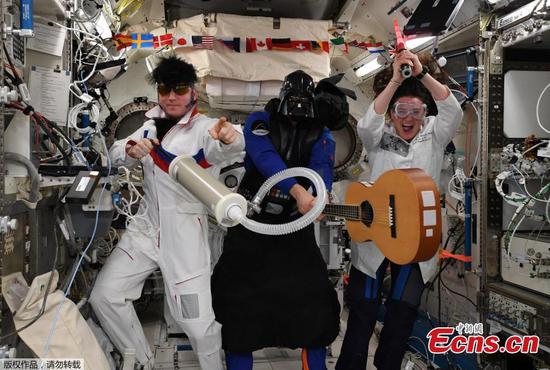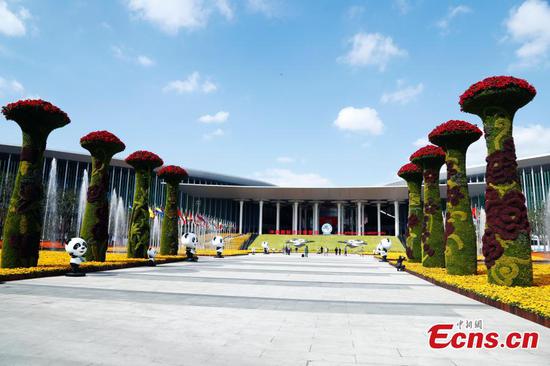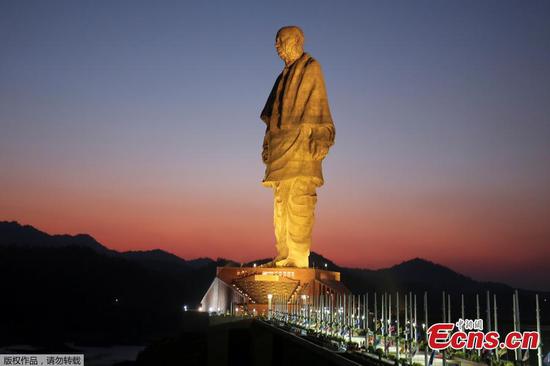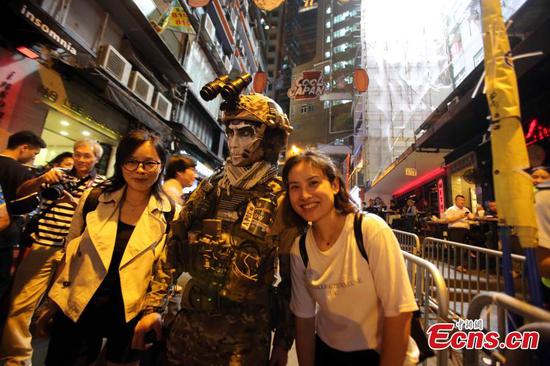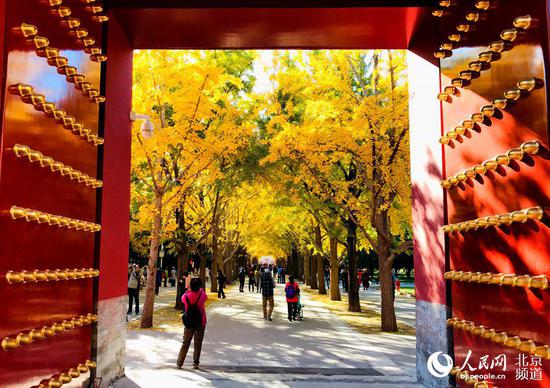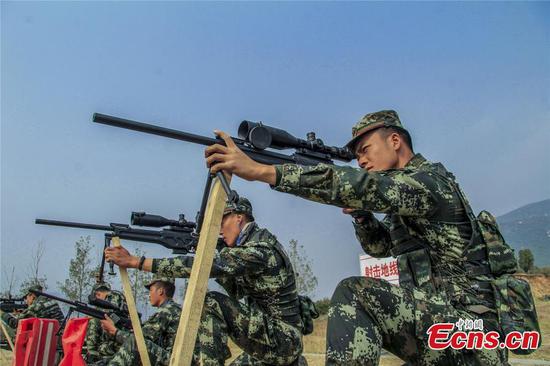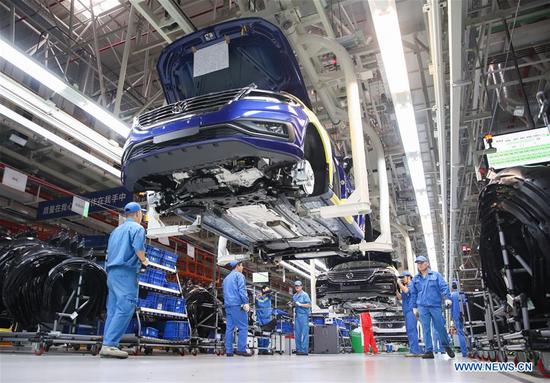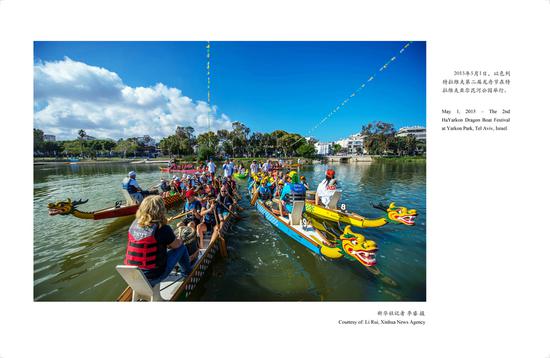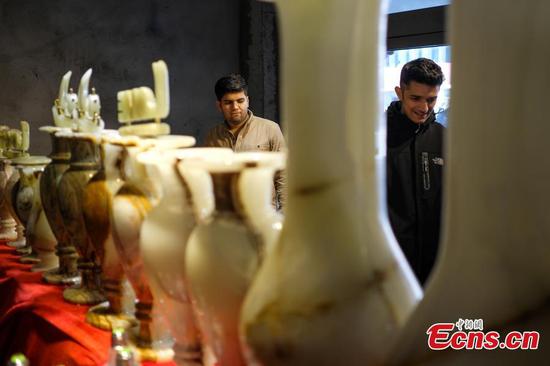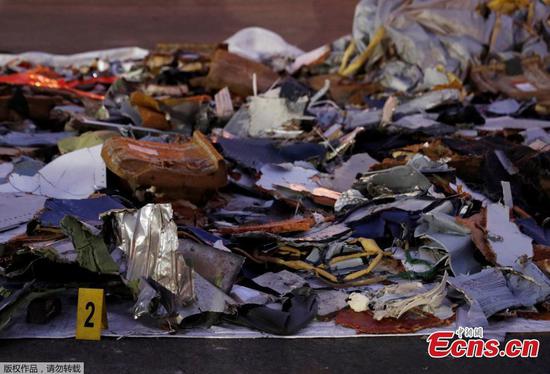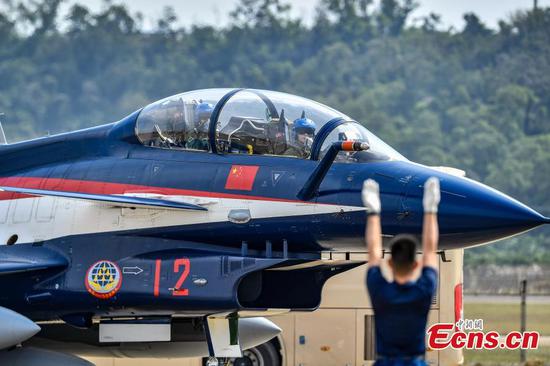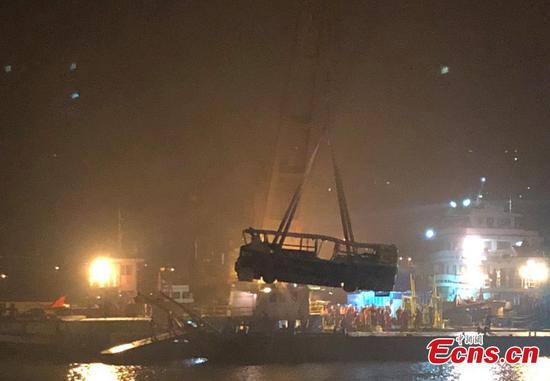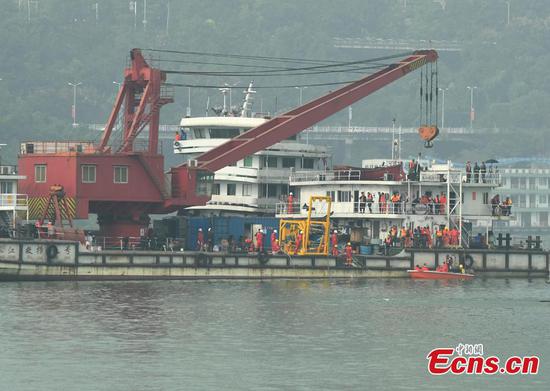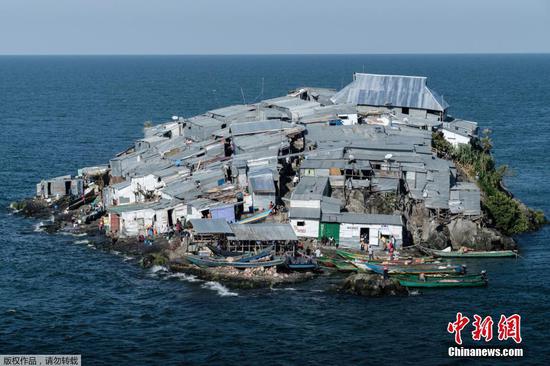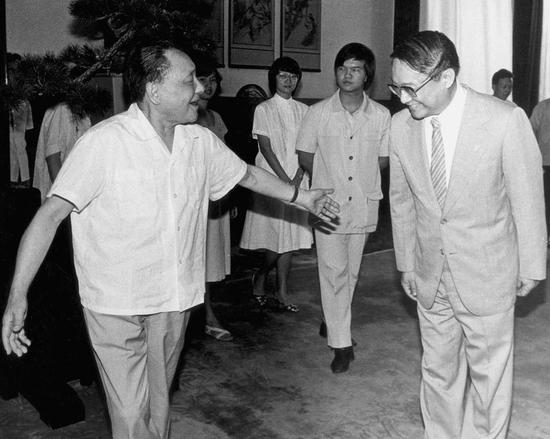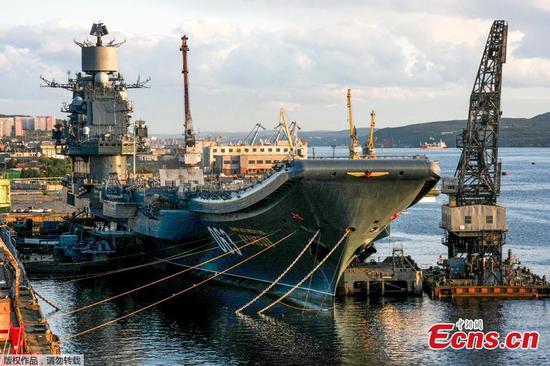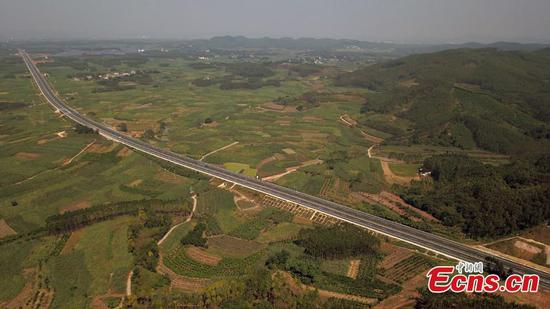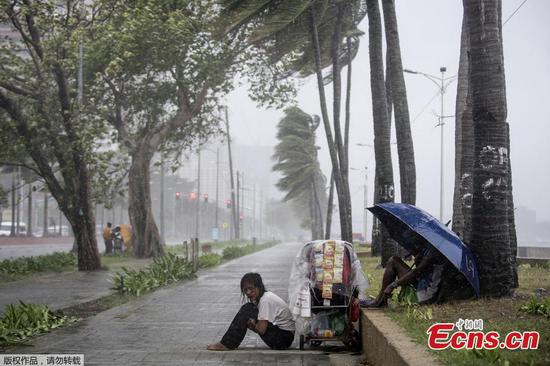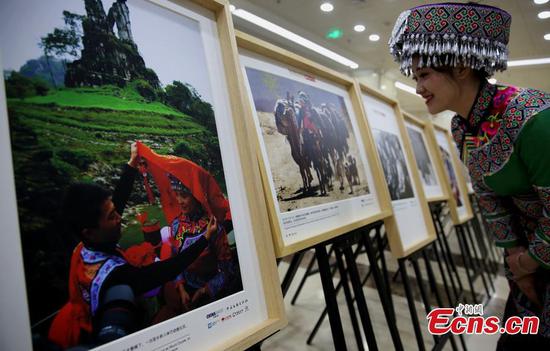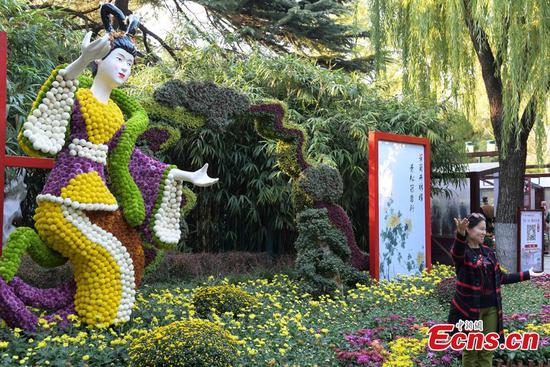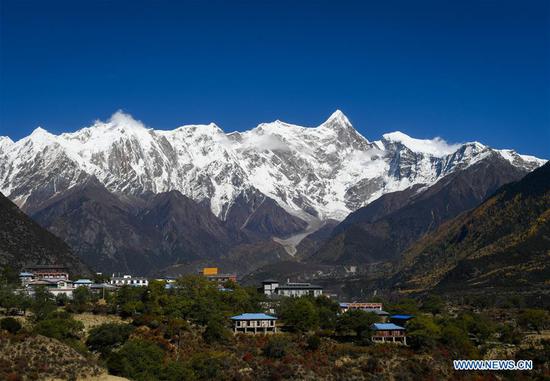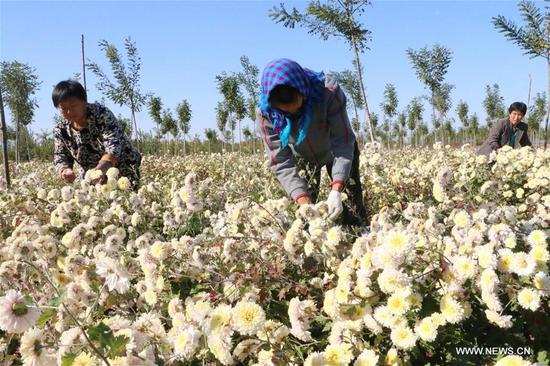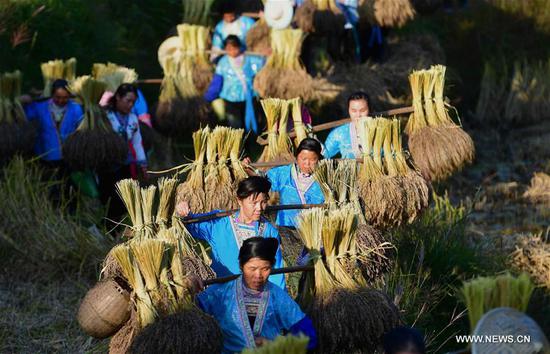More than 60 percent of the goods that depart the China-Europe Freight Train Logistics Center in Urumqi, capital of the Xinjiang Uygur autonomous region, are made and traded in Xinjiang, according to local railway authorities.
The center provides international logistics services.
It has promoted the development of the local export trade, becoming a trading hub for the China Railway Express in the process, said Nan Jun, deputy manager of Xinjiang Xintie International Logistics Co, which manages the center.
A large proportion of goods - including machinery, chemical products and garments - shipped to Central Asia and Europe are manufactured by local companies, according to Nan.
For example, the region's abundant sunshine allows for the cultivation of high-quality tomatoes, which account for more than 90 percent of China's total tomato-related exports, Nan said.
"Now, the journey time (to Europe) by train is less than half that by sea (and rail)," he added.
"Some of the goods are manufactured outside Xinjiang, mainly in East China, but are traded here, including daily necessities and clothes, and some of the companies have started to move their factories here."
As the country's northwestern portal, Xinjiang has a geographical advantage, which means lower freight costs and shorter journey times. That has made Urumqi a trading hub and promoted the development of its manufacturing industry, Nan said.
In 2016, the central government invested 135 million yuan ($19 million) to refurbish the Urumqi logistics center and help to boost export efficiency.
The center cooperates with more than 200 import and export companies both in and outside Xinjiang, according to the Urumqi bureau of China Railway Corp.
To provide a better business environment for companies seeking opportunities in the markets of Central Asia and Europe, the center designs whole-process logistics solutions to meet the needs of individual customers.
In recent years, the easier customs clearance procedures at the center have also greatly reduced transit times.
The journey time on the China-Europe line has been shortened from 25 days to 15, while the transit time on the line to Central Asian countries has fallen from 66 hours to 44.
"This brings opportunities for local enterprises. Once the train has left Urumqi, we do not have to worry, thanks to the improved service provided by the logistics center," said Wu Guihua, manager of Xinjiang Huatiexinqiao Freight International Co.
Since the center began operations two years ago, the number of westbound rail freight routes from Urumqi has risen from 4 to 19, reaching 24 cities in 17 countries across Europe and Central Asia.
The China Railway Corp bureau in Urumqi said the center operated 800 freight trains in the first nine months of this year, a rise of 60 percent from 2017, while 1,230 trains have run from the station overall. The figure is expected to top 1,400 by year-end.









